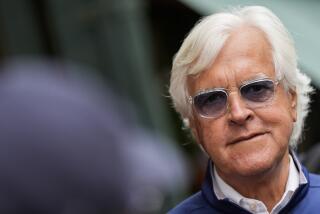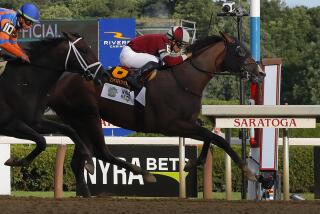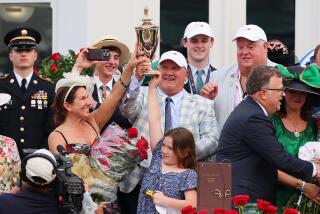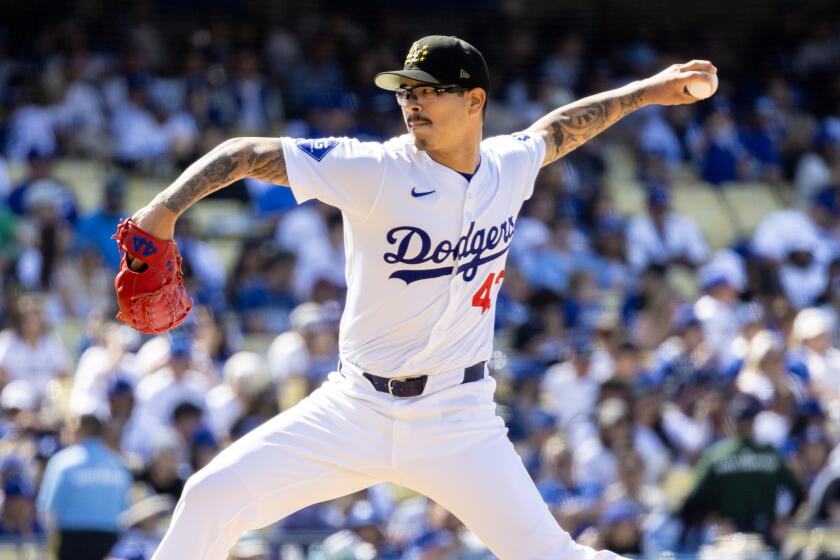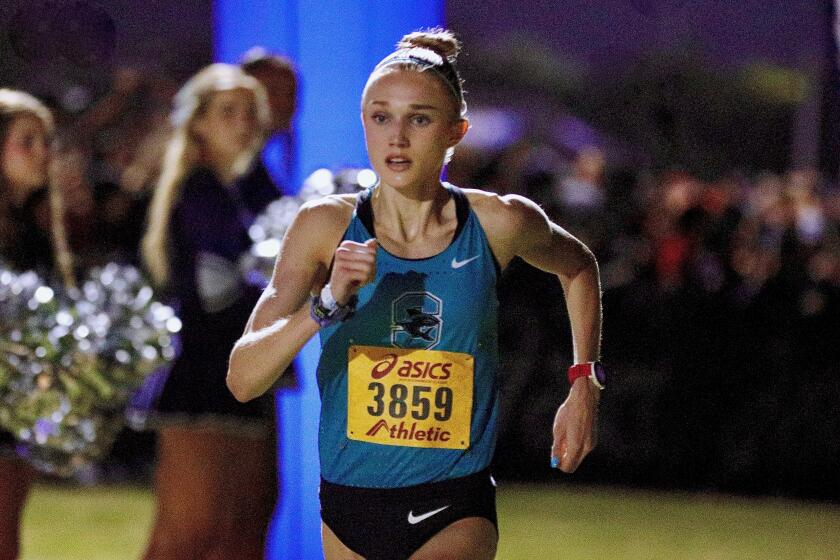A look at Bob Baffert’s three Triple Crown misses
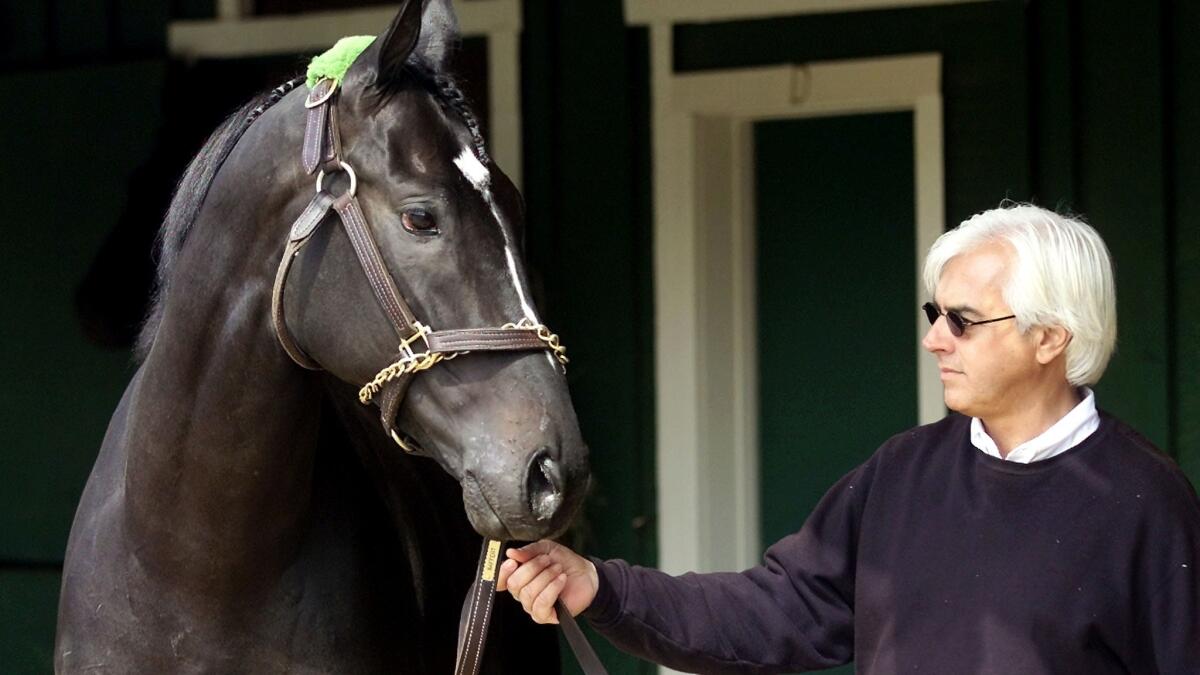
Trainer
Bob Baffert has been here before. Actually, three times.
And he’s come close. A nose close. And not a big nose at that.
Baffert says this time there is a “a different vibe” with American Pharoah. He’s guardedly optimistic.
If American Pharoah becomes the 12th horse to win the Triple Crown, the memories of the three failures probably will diminish. If he loses on Saturday, the sting of the previous defeats likely will come rushing back.
He doesn’t need to be reminded, but you might need to be. So, here’s a look at Baffert’s near misses.
Silver Charm, 1997
Silver Charm didn’t exactly dominate in the Kentucky Derby and Preakness, winning each by a head under a heavy ride by Gary Stevens. So, there was reason to believe that Silver Charm had used up a lot of energy just to get to the Belmont. Touch Gold had a trouble-filled Preakness, and everyone knew they hadn’t seen his best.
The Belmont started nicely with Silver Charm going to the lead, but then he drifted wide on the first turn. Touch Gold snuck through on the rail and briefly took the lead. As Touch Gold settled back to a close fourth entering the final sweeping turn, Silver Charm moved to the lead and engaged rival Free House to what everyone thought would be a stretch duel to the wire. But Touch Gold kept gaining momentum on the outside and swept past Silver Charm with about 50 yards to go. The winning margin was 3/4 of a length.
Stevens applauded his horse’s effort, saying he had never run a better race.
Real Quiet, 1998
It wasn’t exactly Affirmed and Alydar, but Real Quiet and Victory Gallop had run 1-2 in both the Kentucky Derby and Preakness. But, they weren’t the stride-by-stride rivalry that occurred in 1978. In fact, Victory Gallop had a very late running style in the Kentucky Derby that really didn’t even have the horses near each other until the finish. The styles were a little more in sync in the Preakness, where Victory Gallop didn’t have the late speed he showed at the Derby.
Real Quiet, with Kent Desormeaux aboard, ran a perfect tactical race in the Belmont. He made his first move with about 3/4 of a mile to go and then took the lead with 3/8 of a mile left. He had the lead at the top of the stretch with Victory Gallop six lengths behind. But slowly Victory Gallop kept gaining and finally caught him by a photo-finish of a nose.
“He was in front before the wire, and he was in front right after the wire,” Baffert would recall.
War Emblem, 2002
War Emblem used his early speed to stay out of trouble and win both the Kentucky Derby and Preakness. They were comfortable wins, shading on strong, but he looked like he had lost something in the two weeks between races. Still, he stayed sharp in the stretch to hold off the other horses.
The Belmont was lost at the start. War Emblem went down to his knees out of the gate, and while he was able to recover enough to take the lead entering the far turn, it was clear he had used up all the tank to get to that point. His jockey? Victor Espinoza, who will be aboard American Pharoah.
Sarava was the winner at a record price of 70-1.
Twitter: @jcherwa
More to Read
Go beyond the scoreboard
Get the latest on L.A.'s teams in the daily Sports Report newsletter.
You may occasionally receive promotional content from the Los Angeles Times.
